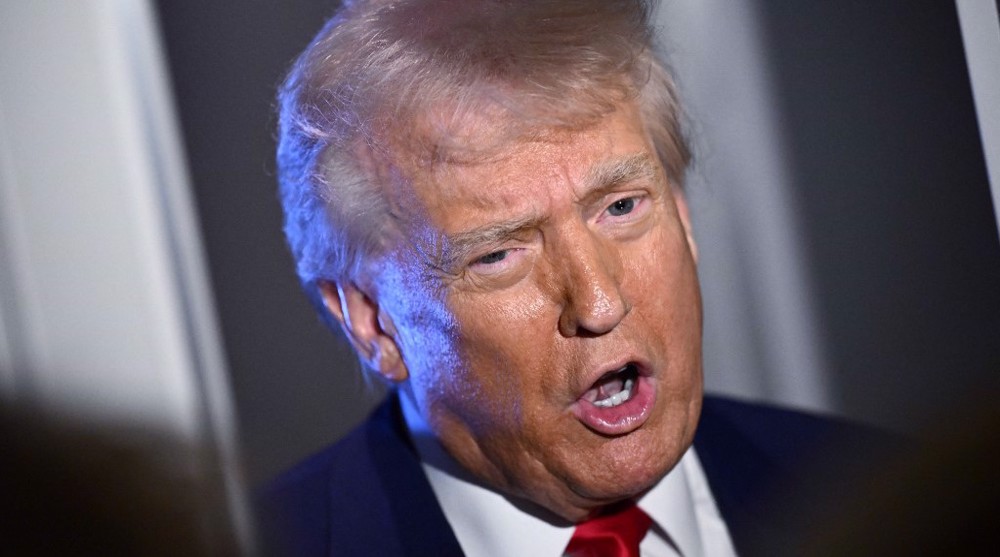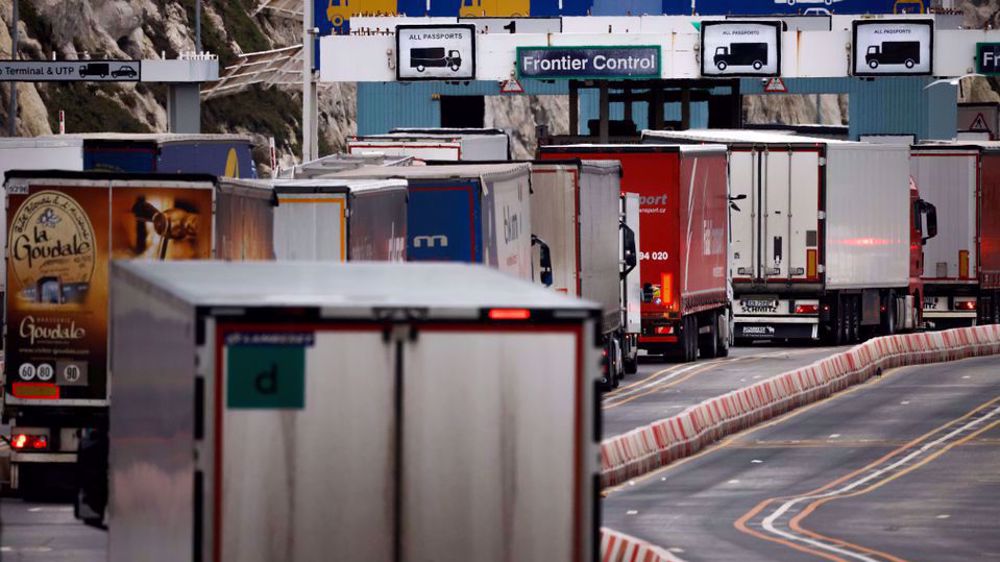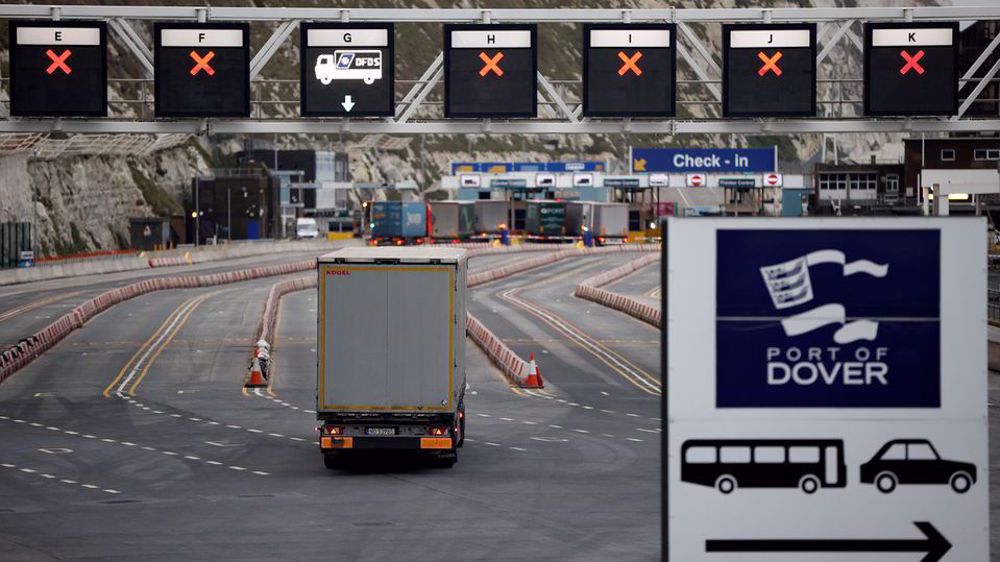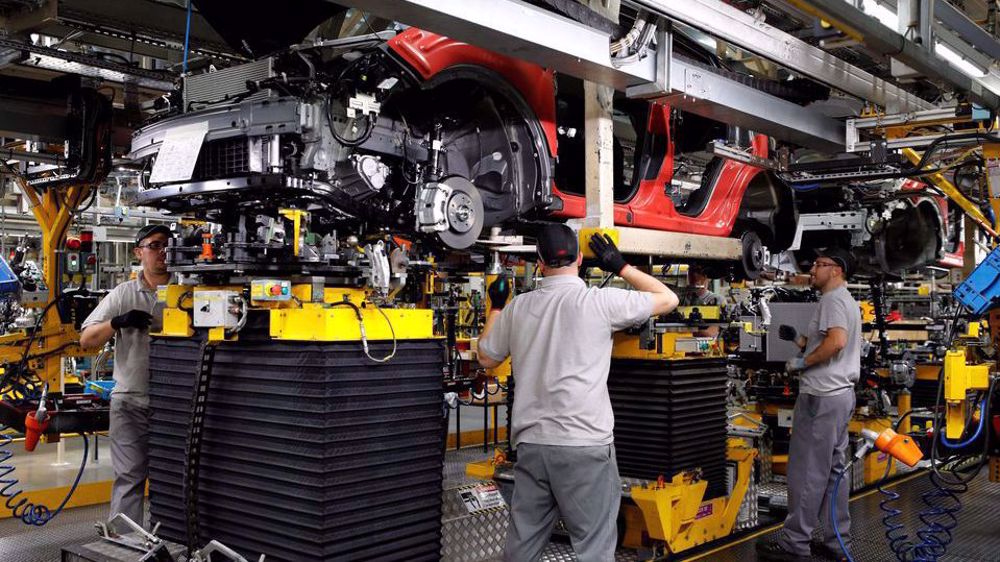UK labor crisis could last up to two years: CBI warns
The labor crisis could last for up to two years, the UK’s leading business lobby group has warned, as it called on the government to relax its new immigration rules to allow in more foreign workers.
The Confederation of British Industry (CBI) said on Monday the country’s economic recovery from the winter lockdown was being undercut by a shortage of skills in key positions, with increasing risks that the problem would continue for some time.
Since Covid-19 restrictions began to ease earlier this year, companies have complained of a lack of workers especially in hospitality, food processing and logistics which has resulted in gaps on supermarket shelves and restaurant closures.
A shortage of truck drivers has also forced some companies to offer signing-on and retention bonuses of up to 5,000 pounds ($6,900), and according to official data, there is a record number of job vacancies.
“Standing firm and waiting for shortages to solve themselves is not the way to run an economy,” said the CBI director general, Tony Danker. “We need to simultaneously address short-term economic needs and long-term economic reform.”
Certain occupations such as drivers, welders, butchers and bricklayers should be classed as shortage occupations for immigration purposes, the CBI said.
This would make easier access to visas possible and the employers sponsoring them would be able to pay salaries below thresholds for migrant workers under the UK’s new migration system.
The government has urged employers to train more Britons to fill their vacancies but the CBI argued that would take up to two years.
Britain needs around 100,000 more lorry drivers, according to the Road Haulage Association, which projects that it will take at least 18 months to train enough people to fill the gaps.
“A refusal to deploy temporary and targeted interventions to enable economic recovery is self-defeating,” said Danker.
“Businesses are already spending significant amounts on training, but that takes time to yield results, and some members suggest it could take two years rather than a couple of months for labor shortages to be fully eliminated.”
The pandemic and uncertainty about precise immigration rules had made it difficult to prepare for the end of free movement for most EU workers on Jan. 1 of this year, it said.
"The government promised an immigration system that would focus on the skills we need rather than unrestrained access to overseas labor. Yet here we have obvious and short-term skilled need but a system that can't seem to respond," Danker said.

Negative impact of Trump tariffs on UK economy

BP to be sued in Britain for supplying oil to Israel

UK’s Barclays divests from weapons company Elbit, deals new blow to Israel
Israeli protesters condemn resumption of Gaza war
VIDEO | Rally held in Damascus for Gaza, Dara'a
VIDEO | Press TV's news headlines
VIDEO | 37th march against NATO, US military bases takes place in Spain’s Rota
VIDEO | Crisis talks in EU as Trump snubs trade negotiations
VIDEO | Palestinians go on general strike in protest at Israeli assaults
VIDEO | Pakistanis urge global action against Israel’s Gaza war crimes
VIDEO | US airstrike on Yemen’s Sana’a kills two women, two children











 This makes it easy to access the Press TV website
This makes it easy to access the Press TV website